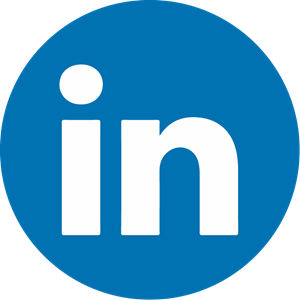The outlook for long-term contracted ocean freight rates continues to look weak based on data from the shipping industry and economic forecasts according to the latest XSI Public Indices report from Oslo-based Xeneta. According to the report, rates fell for the second consecutive month as the ramifications of coronavirus continue to impact the global economy. Based on crowd-sourced data from leading shippers, and an analysis of data covering more than 160,000 port-to-port pairings, Xeneta reports that rates are now down over one percent year-over-year. Although levels remain historically high, according to Xeneta the carrier segment has now seen a 0.2 percent decline since the beginning of 2020, after four consecutive months of increases through to February. June saw a steep decline (1.8%) coming after May’s decline (1.2%) and providing little assurance for carriers. More information: Maritime Executive






